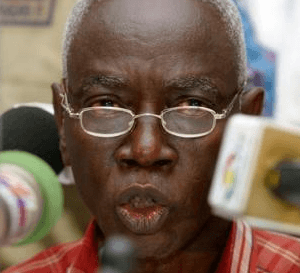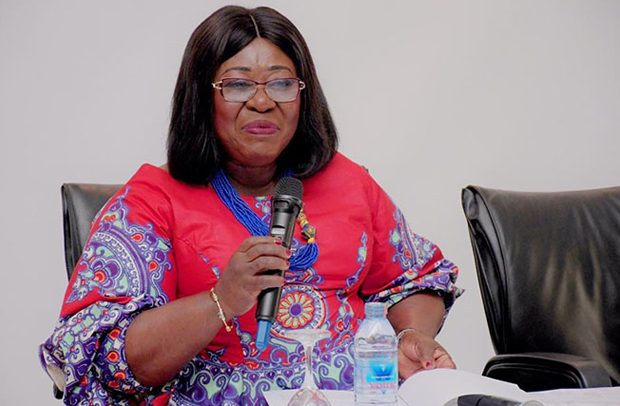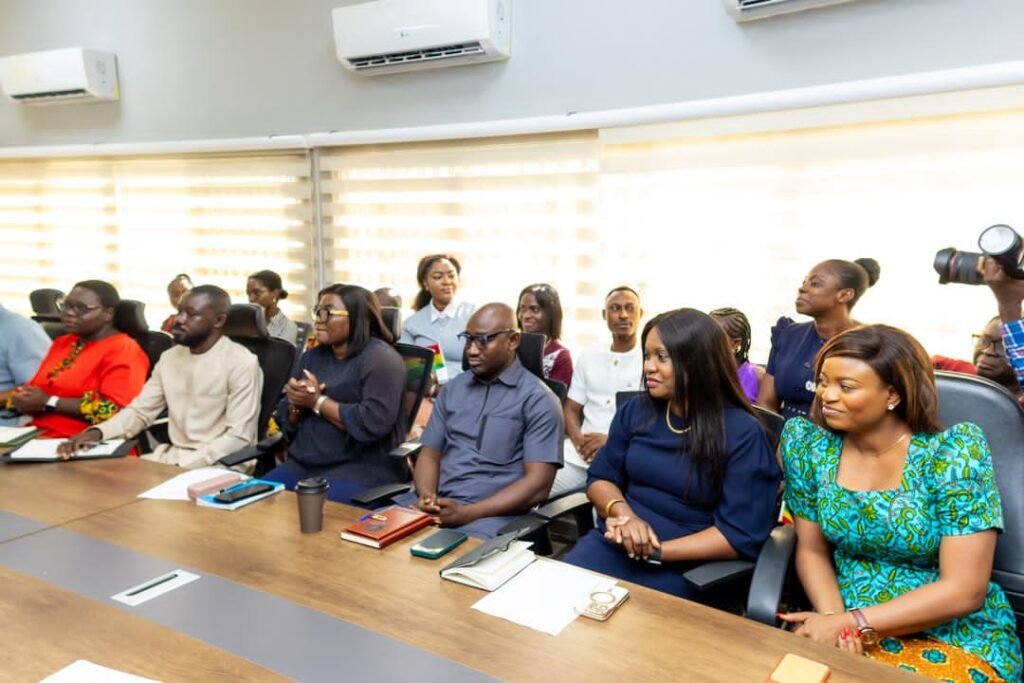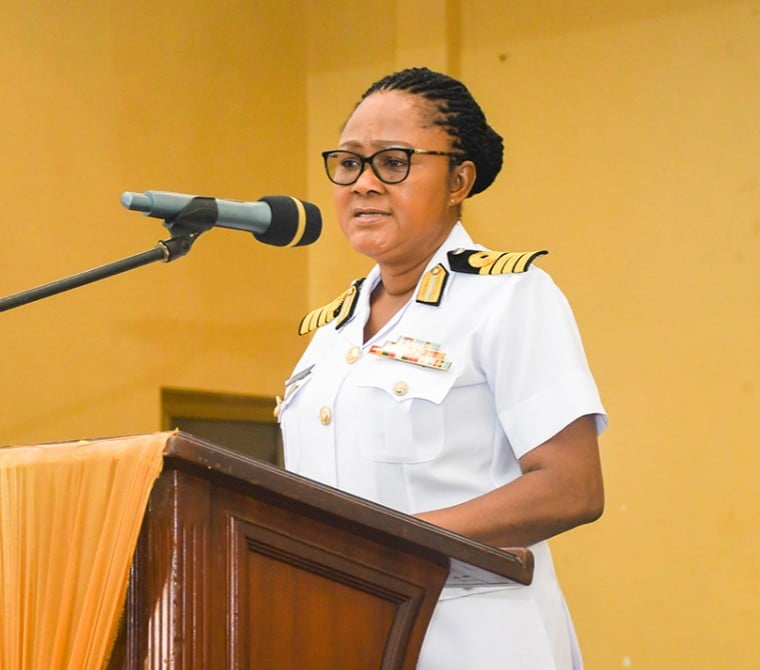
He said in as much as they needed to mobilize revenue to implement their development agenda, it was also important that they found innovative ways to fully exploit the endowed resources.
He added that the assemblies should not get excited by the physical cash they had been collecting in the form of fees, rate and licenses but to take steps to develop resources like tourist sites and go into other economically viable ventures.
This, he said, was the way forward to strengthen their finances and the capacity to provide more development projects in the various communities.
Dr. Osae was speaking at a sensitization forum on the new Local Governance Act 936 for non-state actors in Kumasi.
It was organized by the Inter Ministerial Coordinating Committee jointly with the Centre for local Governance Advocacy (CLGA) and the Local Government Network.
The programme brought together representatives of civil society organizations (CSOs) and the traditional authorities.
Dr. Osae encouraged the assemblies to scale up their effort at increasing internally generated funds and said their performance in this area was critical to determining the size of their District Assemblies Common Fund (DACF) and the District Development Fund (DDF) allocations.
He indicated that the “new the Act, which replaces Act 462”, sought to make the assemblies more independent and remove obstacles to their smooth and efficient operations.
Under it, the assemblies are mandated to hire and fire personnel at the local level without recourse to the head of the Local Government Service.
Mrs. Gladys Tetteh, Deputy Director of CLGA, said the forum was to sensitize participants on the content of the Act, to aid them to have better understanding of the new legal system supporting local governance.
The expectation was that CSOs and traditional authorities would keep the assemblies on their toes – get them to perform, she added. Read Full Story






















Facebook
Twitter
Pinterest
Instagram
Google+
YouTube
LinkedIn
RSS